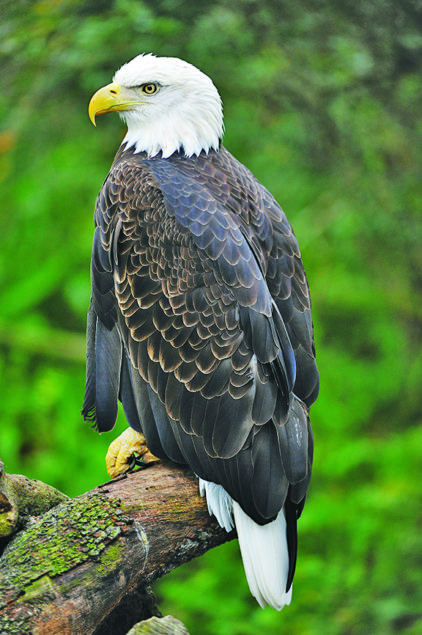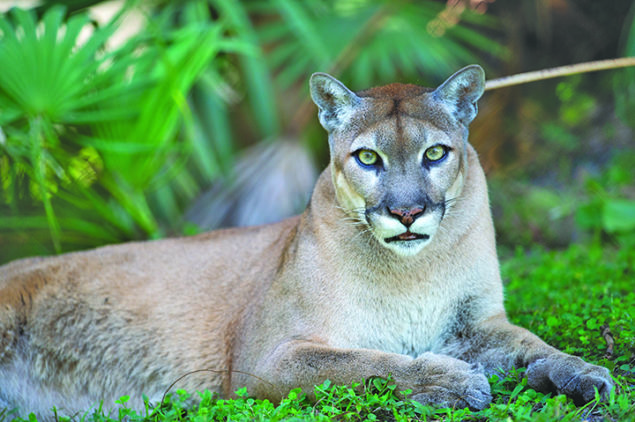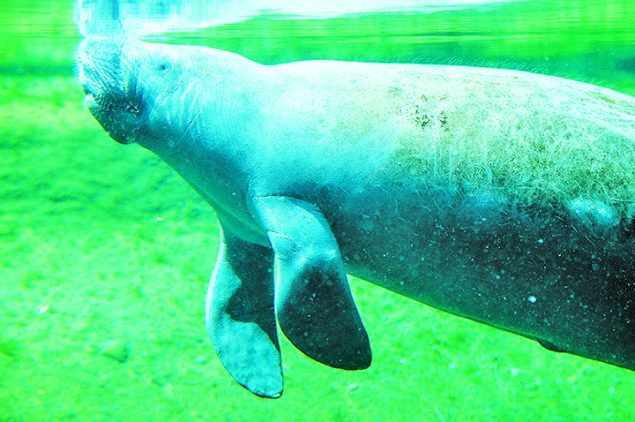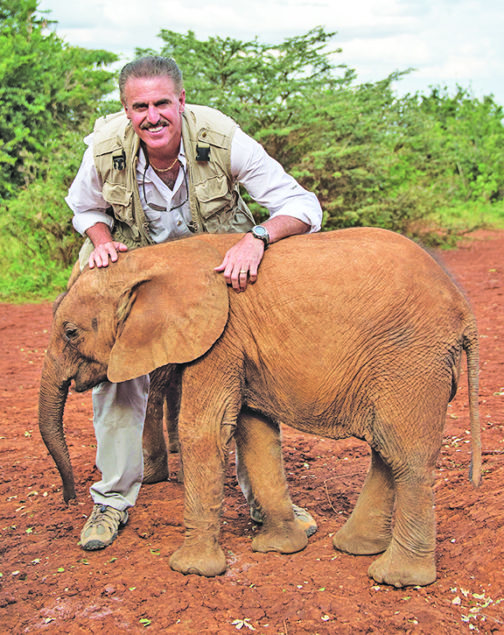Recently the United Nations, a non-partisan global authority, issued a sad and sobering report stating that under the present conditions, there is a strong possibility that up to 1 million species of wildlife will become extinct within the next several decades. We are presently experiencing what is officially called the “Anthropocene,” also known as “The Sixth Mass Extinction,” which is the highest rate of extinction since the loss of the dinosaurs 45 million years ago.
Yet, rather than striving to provide additional support towards preserving our world’s precious wildlife, this administration has chosen to eviscerate the Endangered Species Act, the most effective piece of legislation ever written in this country to protect our world’s precious natural treasures. For more than 45 years the Endangered Species Act has protected endangered and threatened species and the habitats they live in because Congress found, “these species of fish, wildlife, and plants are of esthetic, ecological, educational, historical, recreational, and scientific value to the Nation and its people.”
I am dumbfounded trying to understand how at a time when we are losing species at a rate of up to 1,000 times faster than past historical times, this administration is trying to make it easier to remove species from the protected list while making it harder to place a species on it.
There are two especially glaring changes that are particularly disturbing. The first is that climate change cannot be considered as a factor when deciding if a species qualifies to be protected. This is ludicrous! Climate change is not some fantasy condition made up by extremists with no qualifications. It is possibly the most serious challenge facing our planet today that has been proven by science and supported by some of the most respected and intelligent minds in the world. The fact is that it could be the single greatest factor in determining the survival of countless species in the future. To eliminate it from consideration when designating species for protection is analogous to not allowing a jury to see a video clearly depicting someone committing a crime because there are questions as to how the video was obtained.
The second major issue is the change that now allows governments to consider the “cost” of protecting a species. In other words, how much money is being forfeited by not being able to disturb a protected habitat to dig for oil or gas, and allowing the financial benefits of the exploitation of the land to trump the importance of protecting it for future generations. When an administration starts to put a price tag on something that is priceless, we are going down a very slippery slope.
The bottom line is that these changes are being driven by human greed. The big money behind oil and gas as well as coal and other mining operations, is trying to feed that greed by falsely stating that these changes will allow for greater economic growth while providing more transparency regarding the protection of wildlife. Nonsense! Though it will certainly provide economic growth for the tiny minority of those who have a financial interest in fossil fuels and the destruction of wildlife to obtain them, it will cause irreparable damage to the natural treasures that belong to all of us.
The Endangered Species Act plays an important role in maintaining the biodiversity that is key to the health of our planet. Without that biodiversity, the delicate balance that is necessary for the quality of life for all of us is altered and can lead to catastrophic consequences. Were it not for the ESA, species such as the bald eagle, California condor, and Florida manatee would possibly not be here today. It has successfully protected 99 percent of all species ever listed. Whether it be an endangered bat that plays a key role in pollinating plants that help feed our nation or a tiny fish that feeds on mosquito larvae thereby helping to control the population of an insect that is responsible for more human deaths than any animal, each species is a link in a delicate chain of wildlife that is directly connected to the quality of life for all of us.
There is an old saying that states, “We have not inherited this earth from our parents, we are borrowing it from our children.” The reality is that extinction is forever and once we lose a species, we have lost something that all the money in the world will not be able to bring back. And sadly, we have also robbed our children and their children after that, of being able to experience some of nature’s priceless treasures.
Ron Magill has worked at Zoo Miami for 40 years, Nikon Ambassador for wildlife photography, and serves as a wildlife expert for ABC News, CNN, Telemundo, and Univision.
For more information contact Ron at rnmagill@aol.com











